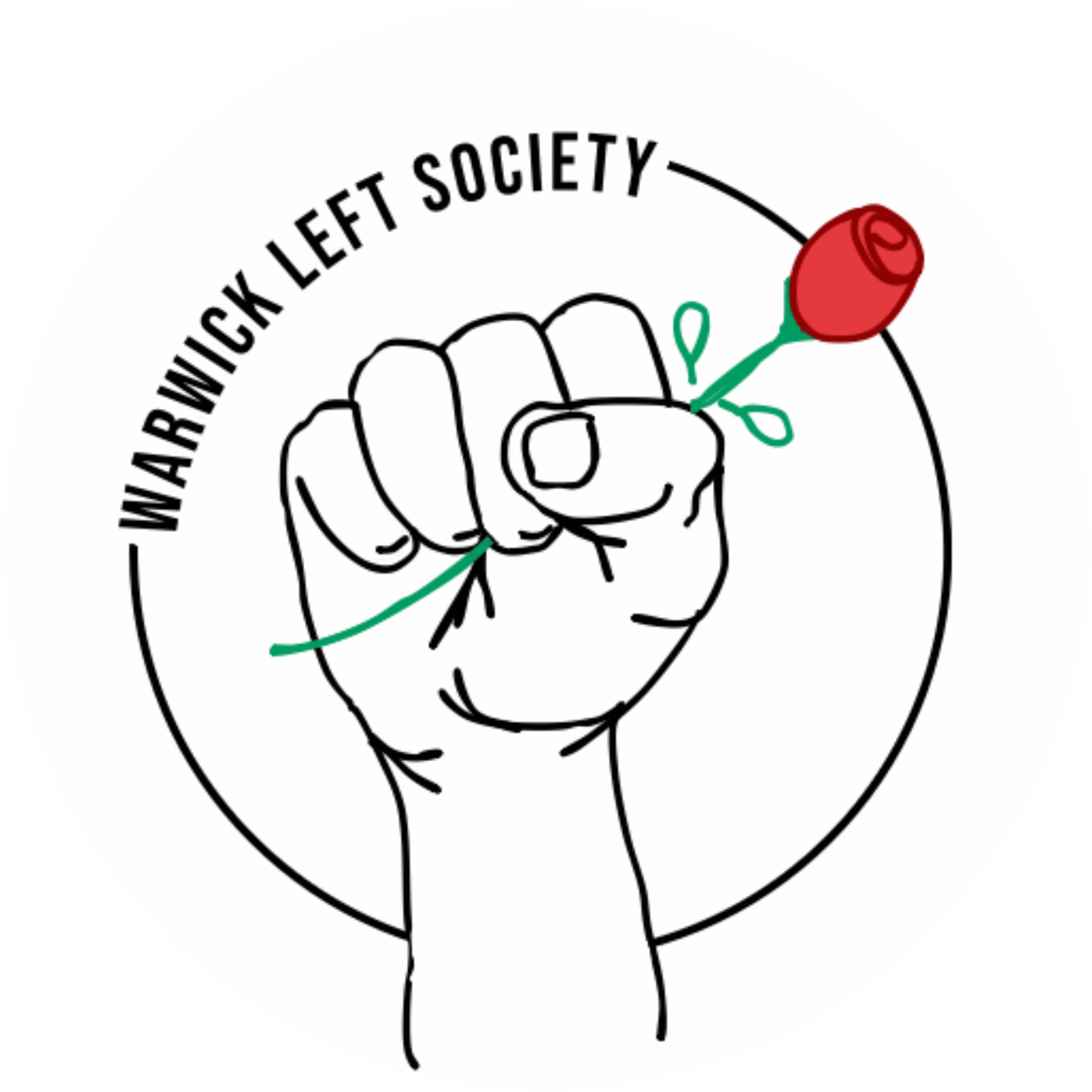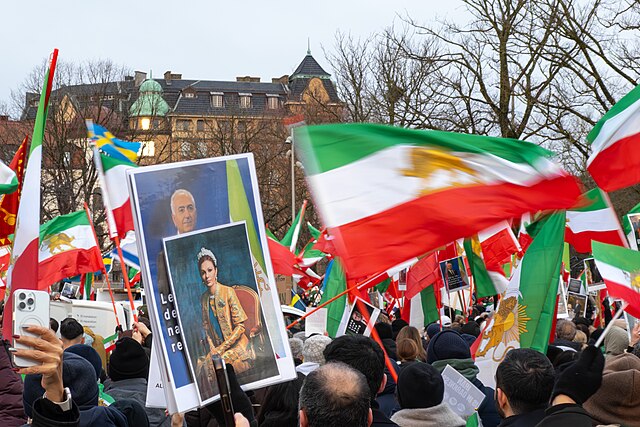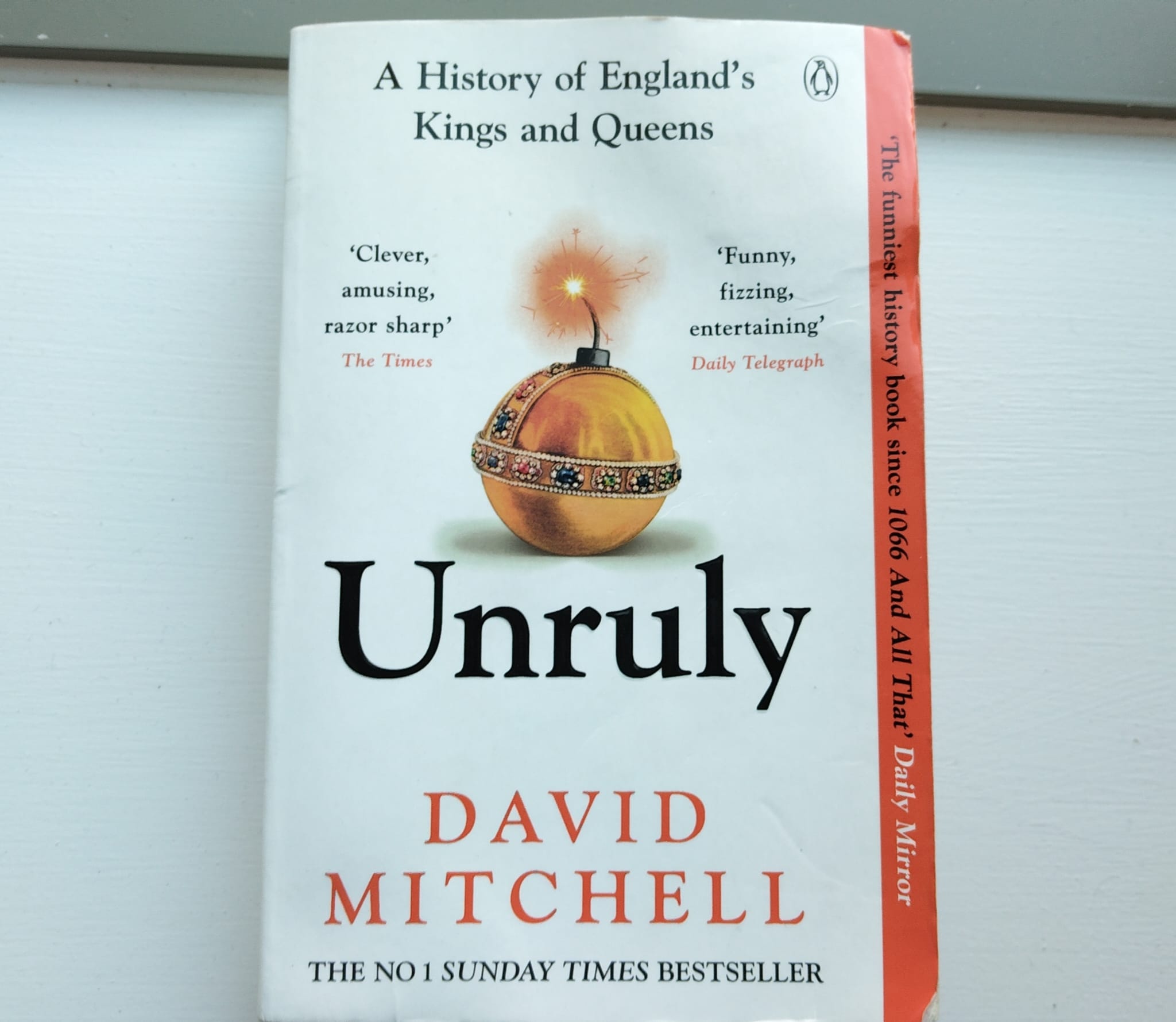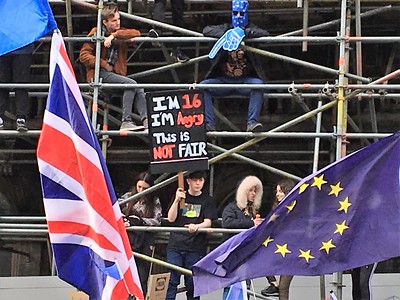
Image Credits: Wikimedia Commons
The now permanent Eurovision slogan ‘United by Music’ which was first introduced in 2024,, represents the original aims of the competition. Martin Osterdahl, the Executive Supervisor of the Eurovision Song Contest, said ‘It’s the perfect slogan to underline our values of inclusivity, equality, universality and celebrating diversity through music.’
However, ‘United by Music’ proves to be contradictory due to the increasing division of broadcasters on the involvement of Israel in the Eurovision song competition. This divide has culminated in the European Broadcasting Union (EBU) confirming it will invite 68 member countries to vote in early November on whether Israel should be allowed to participate in the 2026 competition.
Since October 2023, Israel’s siege in the Gaza Strip has attracted international condemnation, with increasing concern over civilian suffering, Israel’s withholding of aid into Gaza and confirmation of a famine. Therefore, the UN has raised concerns over these actions meeting the criteria for genocide under international law. In this context, a contest intended to celebrate equality and unity through music finds itself merging with political reality and rising tensions on the international stage.
If Russia was banned from participating in Eurovision in 2022 due to its invasion of Ukraine and subsequent violations of international law, then the same principle should apply to Israel’s involvement in the competition. In 2022, the EBU said: ‘the inclusion of a Russian entry in this year’s Contest would bring the competition into disrepute’, showing a firm stance towards Russia’s attack on Ukraine.
Israel’s ongoing genocide against Palestinians has triggered ongoing investigations in the International Court of Justice and the International Criminal Court. Despite the ICC issuing arrest warrants for Benjamin Netanyahu and Yoav Gallant for crimes against humanity and war crimes, no strong action by EBU has been taken.
Allowing Israel to continue participating whilst simultaneously banning Russia raises concerns over a double standard set by the EBU. It not only undermines the legitimacy of the competition but causes concern over the fact that some violations of international law are widely condemned whilst others are widely accepted and tolerated. If Eurovision claims to be apolitical but took a principled stance on Russia it cannot ignore the extreme severity of Israel’s actions without appearing biased and hypocritical. Israel should face the same consequences of cultural exclusion.
In 2024, Spain’s national broadcaster RTVE came under fire for displaying a proclamation before the grand finale. “When human rights are at stake, silence is not an option. Peace and Justice for Palestine.” EBU issued Spain a warning, and Spain risked a huge fine. This mirrors a broader pattern, whilst some countries are quickly penalised for politicisation, such as Russia’s exclusion from Eurovision in 2022, other countries, including Israel, face little consequences.
Another example of the EBU’s leniency towards Israel came in 2024, where their original Eurovision song entry ‘October Rain’ was rejected due to its references to the October 7th attacks. However, instead of disqualification, Israel was allowed to submit a revised version of the song, ‘Hurricane’, which retained similar themes, despite Kan, the Israeli broadcaster, pledging not to alter the lyrics of the original song.
This exception sparked backlash and calls into question the integrity of Eurovision with how the EBU’s rules are applied, seemingly allowing some countries to harbour minimal consequences for politically charged messaging.
In the wake of the EBU’s treatment of Israel, the threat of a boycott from participating countries is a major concern for Eurovision. For example, Irish broadcaster RTÉ stated that ‘Ireland’s participation [in Eurovision] would be unconscionable given the ongoing and appalling loss of lives in Gaza.’ Similarly, the President of RTV Slovenia, Ms Gorscak, said: “We can lie to ourselves and say ‘no, it’s not political’ but, you know, you can’t avoid politics.”
The starkly different treatment of Russia and Israel by the EBU clearly shows that Eurovision is by no means the apolitical song contest that it claims to be. This cultural bargaining chip holds the power to support or critique nations culturally, serving as a microcosm of the global political stage. The vote in early November could either be a worrying condoning of Israel, or a step towards the right side of history.






